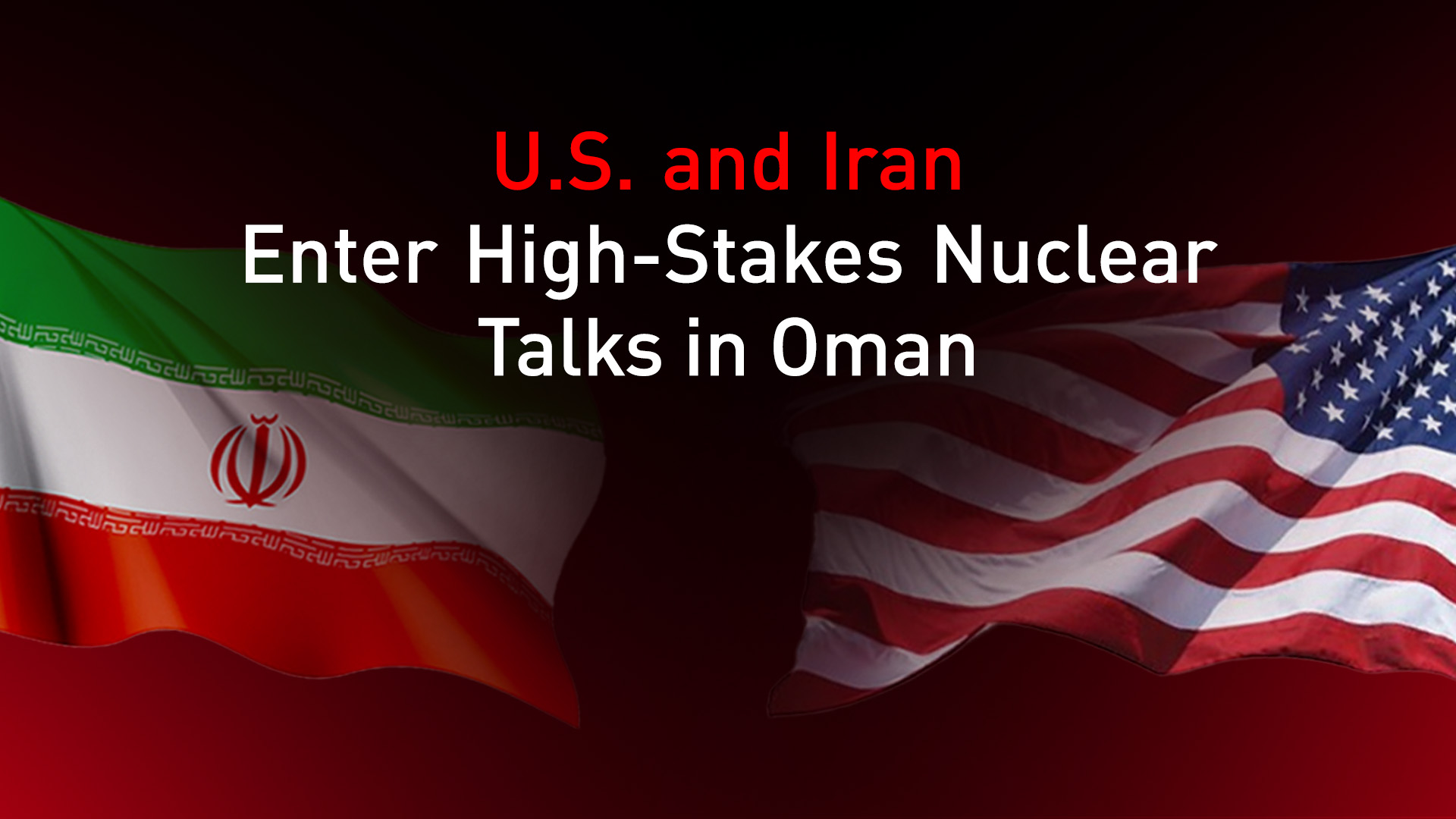U.S., Iran Enter High-Stakes Nuclear Talks in Oman
Speaking to The Wall Street Journal, Witkoff said the Trump administration’s red line is preventing Iran from acquiring nuclear weapons. While the U.S. demands dismantlement of Iran’s nuclear infrastructure, he acknowledged the possibility of compromise.

By Kamaran Aziz
ERBIL (Kurdistan24) – In what could prove to be a pivotal moment in Middle East diplomacy, delegations from the United States and Iran are set to convene on Saturday in the Sultanate of Oman for “indirect talks” aimed at de-escalating mounting tensions over Tehran’s advancing nuclear program and U.S. sanctions.
Leading the U.S. delegation is President Donald Trump’s special envoy for the Middle East, Steve Witkoff, while Iran’s team is headed by Foreign Minister Abbas Araghchi, accompanied by deputies Majid Takht-e-Ravanchi and Kazem Gharibabadi, and Foreign Ministry spokesperson Esmaeil Baqaei. The talks are being held in Muscat under Omani mediation, with the U.S. side initially pushing for direct talks and the Iranian side declining direct engagement.
Speaking to The Wall Street Journal ahead of the negotiations, Witkoff outlined the Trump administration’s “red line,” asserting that Iran must not be allowed to achieve nuclear weaponization. While the U.S. position starts with the demand for dismantlement of Iran’s nuclear infrastructure, Witkoff acknowledged the possibility of compromise. “That doesn’t mean… we’re not going to find other ways to find compromise between the two countries,” he said.
The envoy’s remarks suggest flexibility but underline a baseline objective: preventing Iran from acquiring a nuclear weapon. National Security Adviser Mike Waltz reinforced this stance, stating last month that Trump expects full dismantlement of Iran’s enrichment and missile programs. Israeli Prime Minister Benjamin Netanyahu, meanwhile, has demanded complete U.S.-supervised destruction of Iranian nuclear sites.
Iran, for its part, insists its nuclear program is for peaceful purposes. In remarks delivered Tuesday in Algiers, Araghchi rejected the possibility of direct negotiations as long as the U.S. maintains its “maximum pressure” campaign and continues issuing threats.
“We will not hold direct negotiations,” he said, while confirming Iran’s acceptance of indirect talks as a good-faith gesture. “We neither prejudge nor predict,” Foreign Ministry spokesperson Baqaei added, stressing Iran’s intent to assess Washington’s seriousness before adjusting its next moves.
According to the Islamic Republic News Agency (IRNA), Araghchi reiterated Iran’s openness to diplomacy but ruled out the elimination of its nuclear program. “The United States can only dream,” he told Iran’s parliamentary news outlet, firmly rejecting the dismantlement demand.
Iranian negotiators say they seek sanctions relief and restored business ties. But they have warned that military threats could force Iran to cease cooperation with international inspectors and transfer enriched uranium to undisclosed locations. Top adviser Ali Shamkhani echoed this on Thursday, warning that “deterrent measures” would follow if the threats continue.
Iran is currently the only non-nuclear-weapons state enriching uranium to 60%, dangerously close to weapons-grade levels. While U.S. intelligence officials testified last month that Iran’s Supreme Leader Ayatollah Ali Khamenei has not made a decision to build a bomb, analysts say the technical threshold is within months’ reach.
Witkoff told the Journal that the Oman talks are not expected to produce immediate outcomes but are crucial for “trust-building” and establishing a framework for future negotiations. Any final deal, he said, must include substantial verification mechanisms.
Despite Trump’s statement that direct talks are the only path to a credible agreement, initial sessions remain indirect. Witkoff has expressed hope that if progress is made, direct engagement could follow.
This weekend’s talks follow heightened tensions, exacerbated by Trump’s recent remarks threatening bombing if diplomacy fails. On Monday, he declared, “If the talks are unsuccessful, Iran is going to be in great danger.”
Tehran has been under increased economic strain due to renewed U.S. sanctions and regional setbacks following Israeli strikes on Iranian proxies and infrastructure. These pressures, some analysts believe, may be driving Iran’s push to retain its nuclear leverage.
Still, as both sides signal an openness—albeit from entrenched positions—the outcome of the Oman negotiations may determine whether the region moves toward resolution or deeper confrontation. The path forward will depend not only on technical diplomacy but on political will in Washington and Tehran to avoid another Middle East flashpoint.
